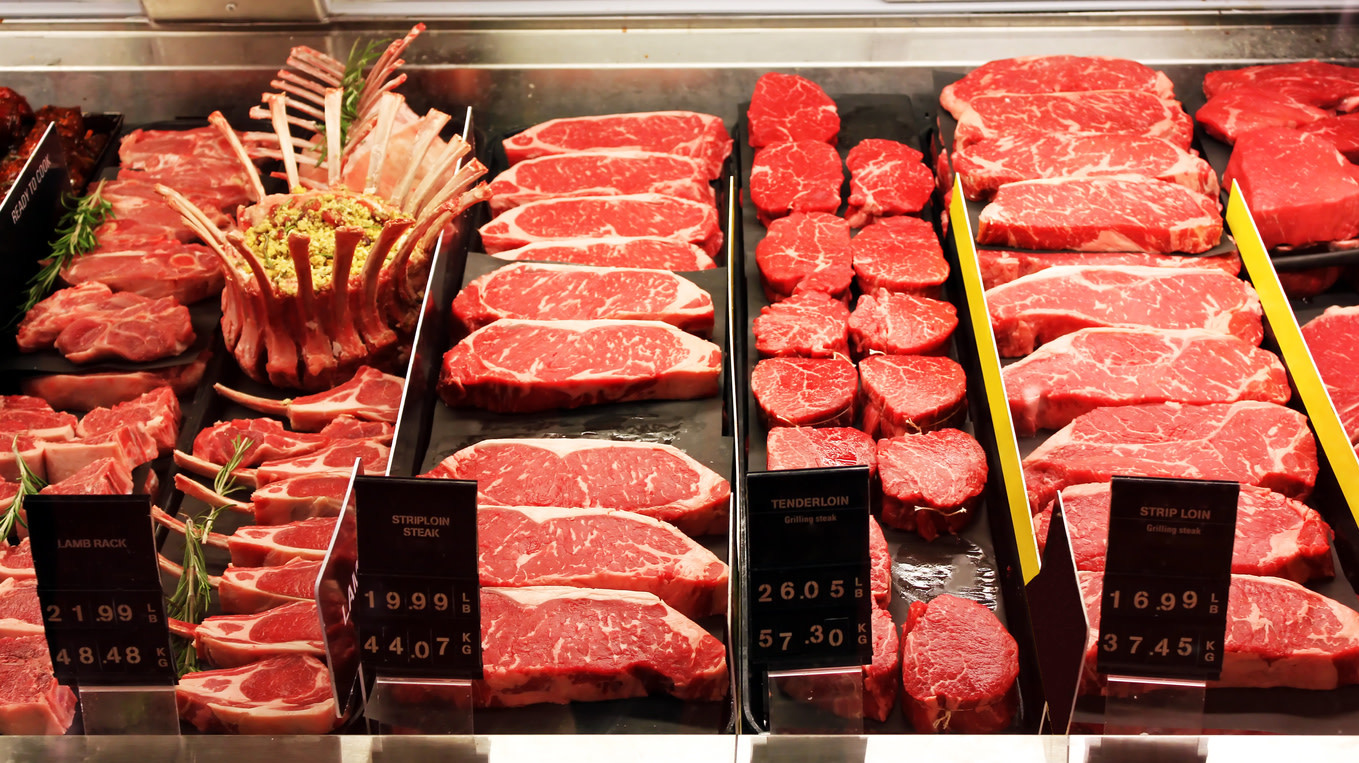To Eat Meat Or Not To Eat Meat: That, Scientists Say, Is The Question
Late yesterday afternoon the Annals of Internal Medicine, the official journal of the American College of Physicians, released new guidelines based on "5 high-quality systematic reviews" that say that it's totally okay for people to continue eating red meat at their current rate: three to four servings per person per week in Europe and North America. These guidelines are based on reviews of 61 articles that appear to show that the link between red meat and cancer is minimal, in addition to a vote by a panel of 14 doctors from seven countries. If doctors and scientists say it, it surely must be so, so yay! More red meat for everybody!
However, not everyone was convinced. Mark Bittman, for one, read the report before the press embargo was lifted and noted that the new guidelines directly contradict other previous guidelines established by other organizations, notably the EAT-Lancet Commission on Food, Planet, Health, that argue that cutting back on red meat is not only better for the health of individual humans but also for the environment. According to Bittman, "many heads of research institutes, chief physicians, professors, and others in the field have been trying to intervene regarding the publication of the material: They are alarmed that a self-appointed group can issue dietary 'guidelines' to the public in a prominent medical journal."
Obviously, they didn't succeed, but since the findings were released, the American Heart Association, the American Cancer Society, and the Harvard T.H. Chan School of Public Health, among others, have condemned the findings, and the New York Times reports that the Physicians Committee for Responsible Medicine, a group advocating a plant-based diet, filed a petition with the Federal Trade Commission against the Annals of Internal Medicine.
In his online magazine Heated, Bittman interviewed another Dr. David L. Katz, a specialist in nutrition. Katz believes that issuing a blanket guideline is irresponsible: instead, he says, the Annals should have simply said, "Here's what we found. We have limited confidence in the data." That wouldn't have created as much of a stir, though.
Now, though, Katz is afraid that these guidelines will undermine public faith in nutrition science. Since he's the founder and CEO of Diet ID, a digital tool to help people manage their diets, this is quite literally his bread and butter. But he does have a point that nowhere in the introduction to the Annals reports does anyone mention the environmental cost of eating red meat or the increase of commercial alternatives—quite a curious thing, considering those things have formed so much of the basis of the conversation about eating meat in the past year.
